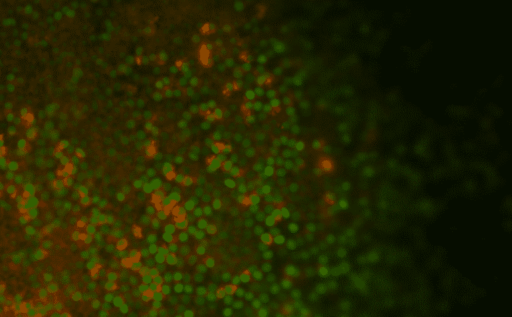There are many people who want to remain young always. Although that’s not possible, a team of scientists from Japan and New Zealand have found that ribosomal DNA or rDNA genes could slow down the speed of becoming aged.
Geneticist Austen Ganley from Massey University and his colleagues from the National Institute of Genetics in Japan studied the Sir2 protein. Sir2 protein is capable of extending the lifespan of yeast. The interesting thing is scientists still don’t know exactly why Sir2 protein extends the lifespan of yeast. However, they set out to understand how the Sir2 gene reduces aging in Saccharomyces cerevisiae and found that Sir2 gene controls rDNA stability and it has many other targets in the cell.
But the breakthrough came when the geneticists found a way to separate Sir2’s effect on the rDNA from its other effects. rDNA is particularly prone to being damaged by radiation and normal chemical reactions in the body. If cells are damaged, they generally stop dividing. On the other hand, cell division is how the body grows and repairs itself. If cells stop dividing but remain in the body, it starts linked to ageing.
Geneticist Dr. Ganley said, “The new study is significant because in humans there are 7 sirtuins, the equivalent of the Sir2 gene, and they all behave very differently to the yeast Sir2 gene. In contrast, the rDNA genes are very similar between yeast and humans, therefore rDNA gene instability may be the common factor in ageing across life.”
The geneticists’ finding have been published in the scientific journal Current Biology.
Source: Business Insider
Thanks To: Sci-news
[ttjad keyword=”hot”]




bakersfield college online classes [url=https://otvetnow.ru]https://otvetnow.ru[/url] &t bank